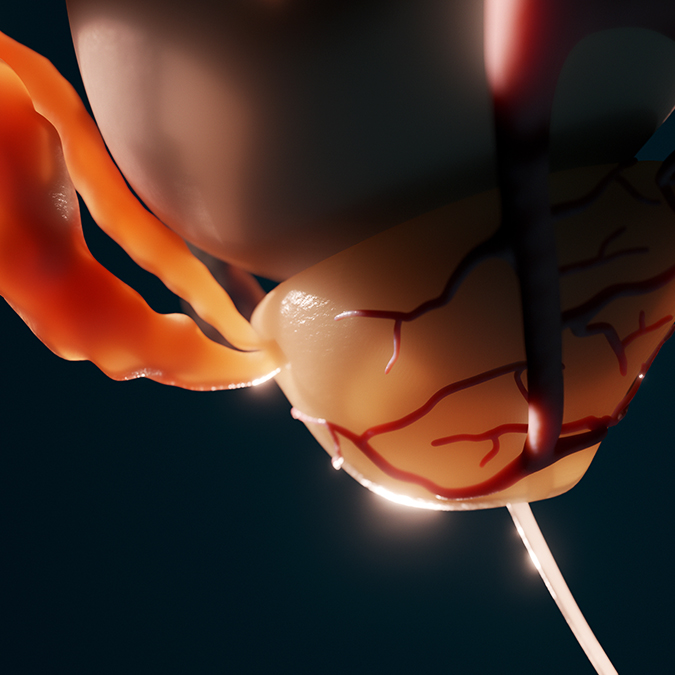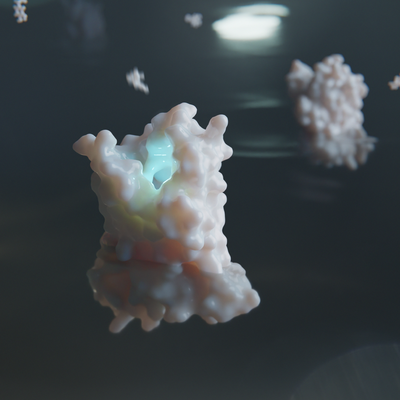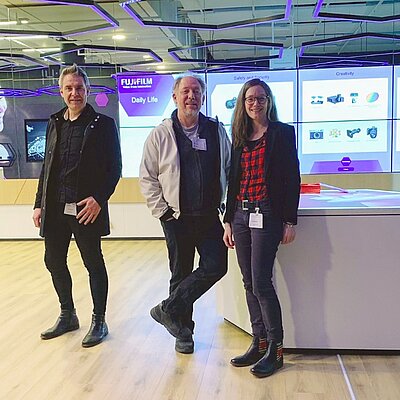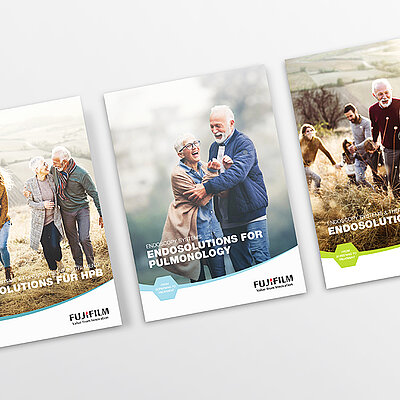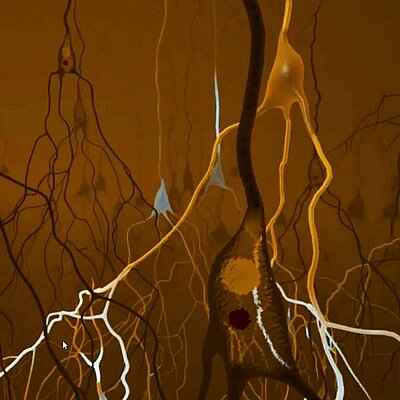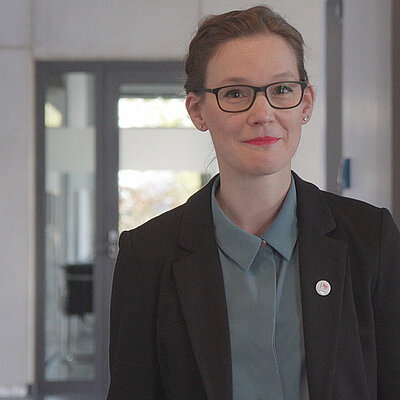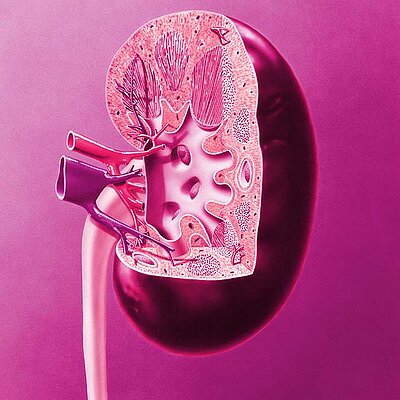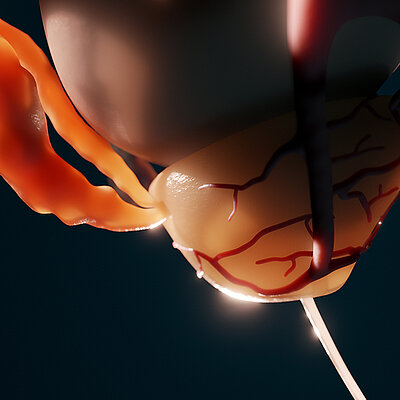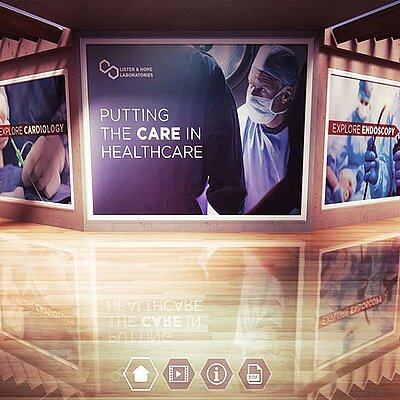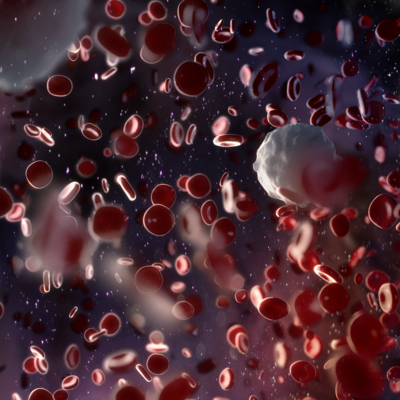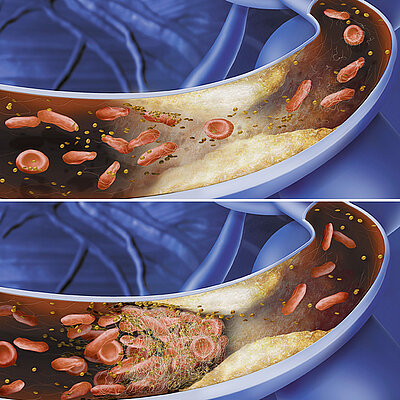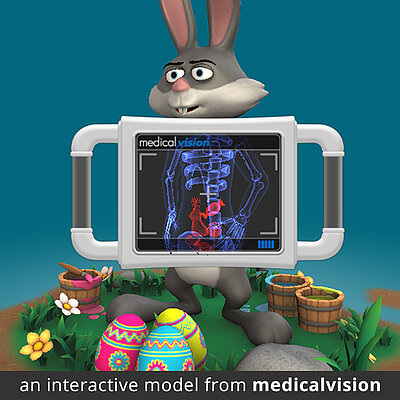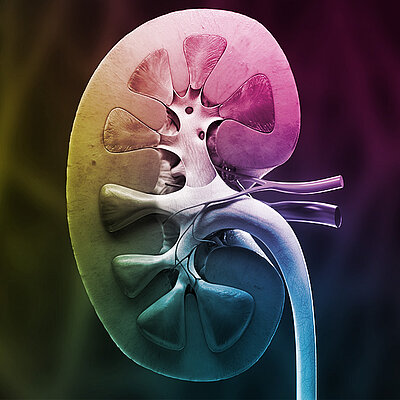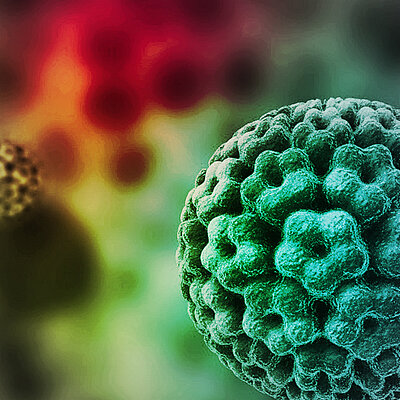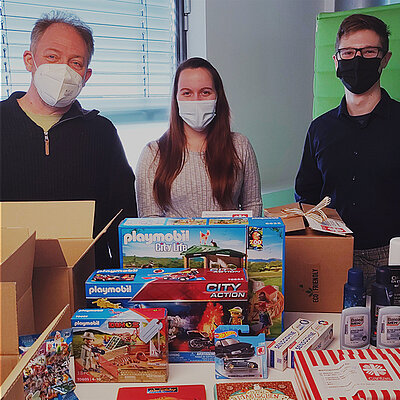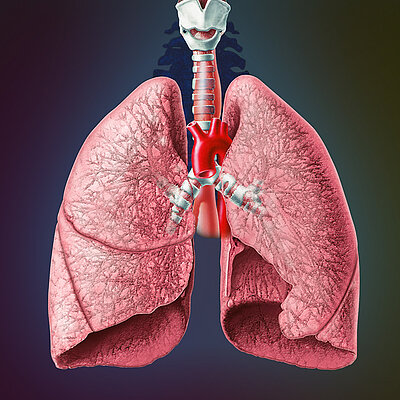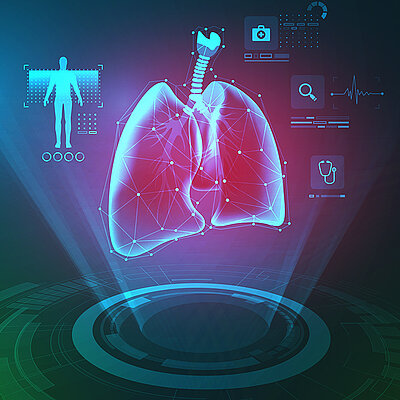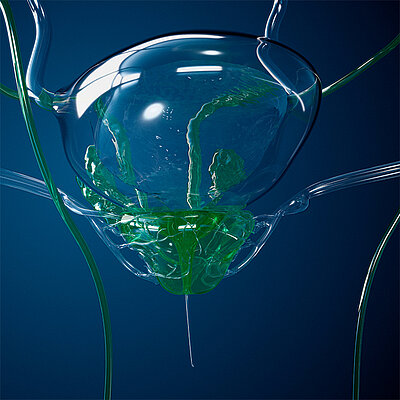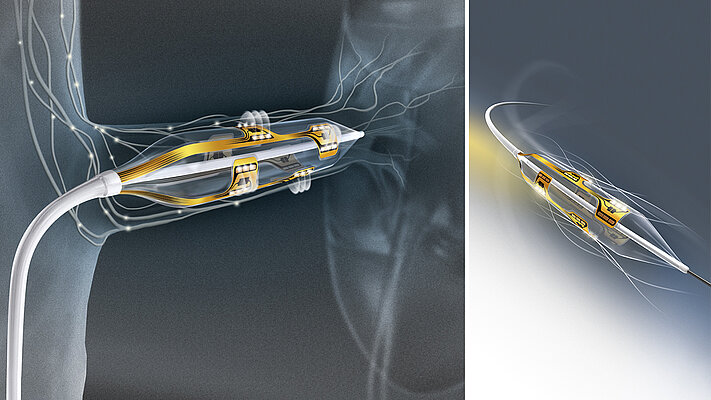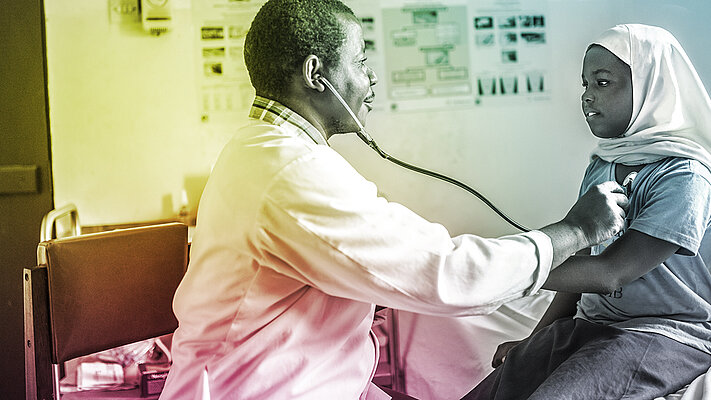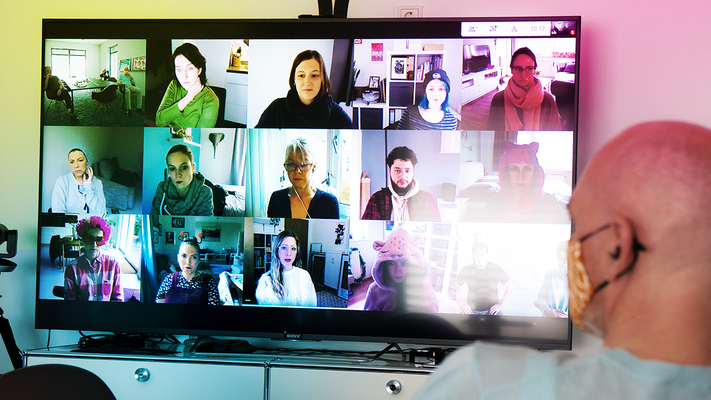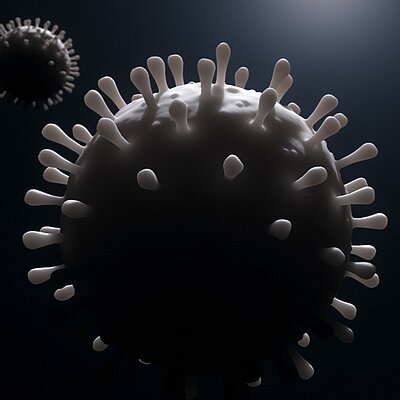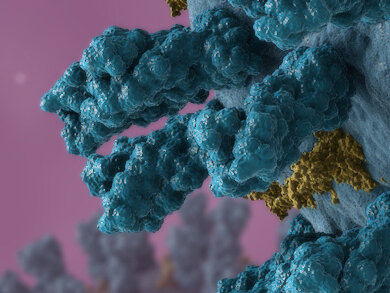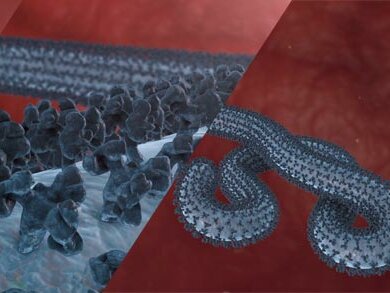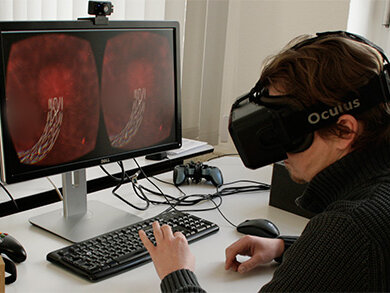(Estimated reading time 6 minutes)
WHAT IS THE PROSTATE?
The prostate is an important gland that sits at the end of the urethra. At the front is connective tissue called fascia. The prostate itself is about three inches long and one inch in diameter but contains more muscle fibers than all the other muscles in the human body combined. It is located in front and below the lower edge of the pubic bone and partially surrounds the area where urine is expelled from. The prostate plays a role in sperm production as well as helping transport the nutrients needed for semen formation.
During National Prostate Health (or National Prostate Cancer Awareness) Month in North America, the focus is on collecting and communicating information that educates men who may already be diagnosed with prostate cancer. With this disease early diagnosis means a better prognosis for healthy recovery. We hope you find some helpful tips this MOVEMBER regarding men’s health including those found in our previous article about treatment as well as prevention techniques against these types of cancers.
You can reduce the risk of even getting prostate cancer in the first place.
5 FACTS ABOUT PROSTATE CANCER
1. WHAT ARE THE SYMPTOMS OF PROSTATE CANCER?
Prostate cancer is treatable, especially if caught early, so keep an eye out for the following symptoms which warrant a visit to your doctor:
- Trouble urinating or urinary incontinence
- The presence of blood in your semen or urine
- Pain when ejaculating / during sex
- Reduced amount of sperm
- Severe pain in the lower back, pelvis, or hips
2. SMOKING AND RISK OF PROSTATE CANCER IN MIDDLE-AGED MEN
Smoking increases the likelihood of developing any form of cancer, including prostate cancer, by 20% and advanced forms by 60%. This can happen through changing circulating hormones and via hazardous substances like nicotine. And smokers who smoke a pack of cigarettes a day or more are up to 12 times more likely to develop prostate cancer.
https://www.ncbi.nlm.nih.gov/pmc/articles/PMC2836346/
3. CHOOSE A HEALTHY DIET
Prostate cancer risk has a direct connection with diet and exercise, healthy lifestyles that takes both factors into account can reduce the risk of prostate cancer by as much as 30%.
The best way to prevent the disease is through a combination of healthy choices: eating a well-balanced diet that includes lots of fresh fruit and vegetables; maintaining a healthy weight by staying active and limiting alcohol intake. Avoid meats cooked at high temperatures and limit intake of dairy products (especially cheese and processed cheese products) which are associated with higher rates of prostate cancer according to a study by the American Institute for Cancer Research1
(A study published in 2016 in The American Journal of Clinical Nutrition2 found that men with a vegan diet had a 35% lower risk of getting prostate cancer than those with non-vegan diets.)
Fruits and vegetables high in lycopene, such as tomatoes, watermelon and grapefruit may also help lower prostate cancer risk. In a study published in The British Journal of Cancer3 researchers discovered that men who ate more than 20 servings of fruits and vegetables a week had a 42% lower chance of developing prostate cancer.
Multiple recent studies4-8 suggest that men who had low calcium levels were more likely to develop aggressive prostate cancer than those with adequate calcium levels. Scientists behind these studies believe that vitamin D may promote calcium absorption, which could be why men who do not get enough vitamin D are twice as likely to develop more aggressive prostate cancer than those whose diet includes adequate amounts.
4. EXERCISE & PROSTATE CANCER RISK
Studies regarding the effect of exercise on prostate cancer risk also show that men who exercise regularly have a lower risk of developing prostate cancer. It is not clear exactly how exercise helps prevent prostate cancer. Some researchers believe exercise lowers the amount of testosterone in the body, which in turn may reduce prostate cancer risk because high levels can increase your chances of developing it. Other studies show men more physically active in their youth seem to be less likely to develop prostate cancer later in life.
5. PROSTATE CANCER DOES NOT NECESSARILY REQUIRE SURGICAL INTERVENTION OR THERAPY
Prostate cancer is frequently curable with therapies that kill the tumor, such as radiation- or chemotherapy or can be treated through medication often making surgery unnecessary. In such cases, doctors monitor the cancer to track whether it is growing and, if it is, what steps to take next.
Recently, increasing evidence has suggested a link between Parkinson’s disease9 and cancer. However, whether there is a direct link between Parkinson’s and prostate cancer is still a point of debate.
The researchers of this meta-analysis have suggested that prostate cancer risk among men with Parkinson’s disease is significantly higher than with men not suffering from Parkinson’s. Moreover, prostate cancer risk in patients with Parkinson’s was also found to be connected to the length of time they treated their condition with levodopa.
November is also MOVEMBER, a month dedicated to men’s health. One of the issues in focus is prostate cancer prevention and healthier lifestyles.
Did you know: some studies suggest that rich omega-3 fatty acids from fish or nuts may reduce your risk of developing prostate cancer. According to the American Institute for Cancer Research, two servings of saltwater fish per week or the equivalency in fish oil supplements ensure adequate Omega-3. In addition, quitting smoking can help you reduce the risk of prostate cancer and also offers significant protection against lung cancer.
What are your thoughts on how to minimize your risk of prostate cancer? We would love for you to share them with us this MOVEMBER! Share using #movember and we might share your comment publicly so others can learn from your experience!
*We are not a healthcare practitioner or health advisor. Please consult your physician before using our advice, as we cannot guarantee the success of any treatment you try based on the content of this article.
Referenzen:
1. wcrf.org/wp-content/uploads/2021/02/Meat-fish-and-dairy-products.pdf
2. pubmed.ncbi.nlm.nih.gov/26561618
3. nature.com/articles/6606032
4. ncbi.nlm.nih.gov/pmc/articles/PMC7913227/#B160-nutrients-13-00496
5. pubmed.ncbi.nlm.nih.gov/29765146/
6. pubmed.ncbi.nlm.nih.gov/28901272/
7. researchgate- prostate Cancer
8. wcrf.org/researchwefund/vitamin-d-and-prostate-cancer/

